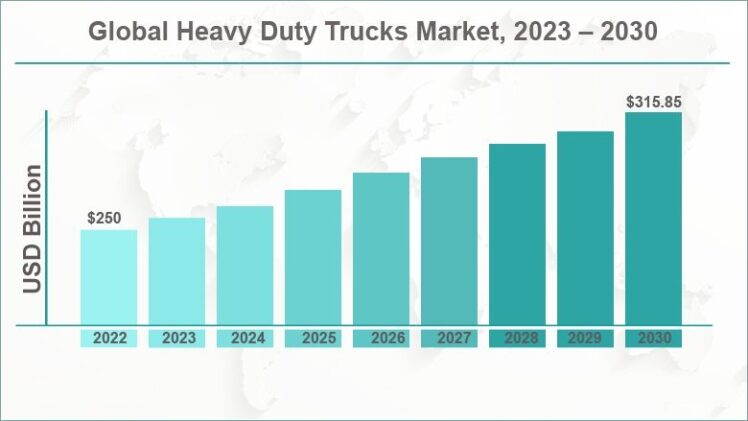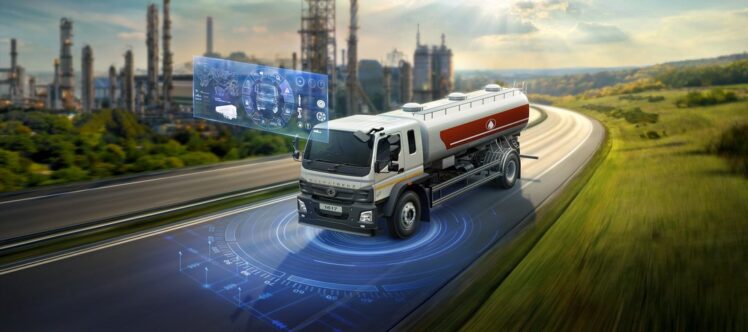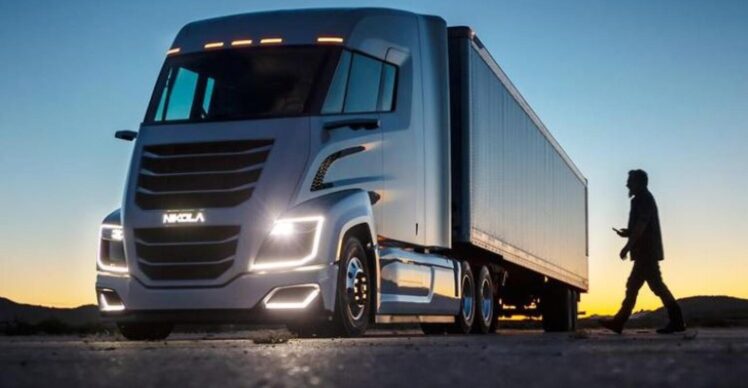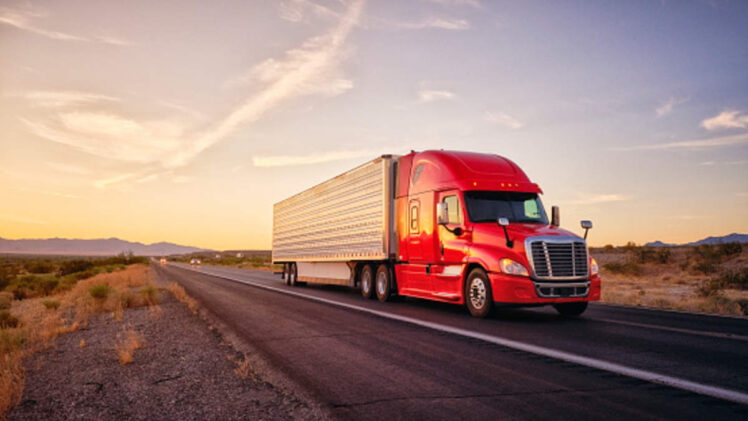Heavy-duty trucks are critical in industries such as cargo transportation, logistics, and construction. These trucks are known for their endurance and great load capacity. They serve as the backbone of worldwide transportation networks.
However, as the demand for freight transportation grows, manufacturers are trying to innovate newer models to satisfy the changing needs of industries and consumers alike. Thus, the heavy-duty vehicle market is undergoing an unprecedented shift. This shift is being fueled by new trends and shifting consumer preferences.
One of the most apparent changes influencing the business landscape is the rise of hybrid and electric heavy-duty trucks. The surge represents a substantial break from previous models.
So, now, let’s delve into the heavy-duty truck market trends.
Market Dynamics and Insight
Innovations in technology are causing significant shifts in the heavy-duty truck sector. There are specific regulatory mandates as well as changing consumer preferences that have an important impact on the dynamic shift. Traditional heavy-duty trucks still dominate the market. One of the best places to find new or used internal combustion engine heavy-duty is Maxim Inc.
Heavy-duty truck manufacturers are increasingly focusing on manufacturing sustainable transportation solutions. Such solutions are intended to address environmental issues and meet stringent emission regulations.
The shift toward sustainability has sped up the introduction of hybrid and electric heavy-duty trucks. You can find several manufacturers selling hybrid and electric heavy-duty trucks in the market.
Key Trends and Statistics

The global heavy-duty truck market is currently witnessing major expansion. The growth is expected to reach USD 315.85 billion by 2030. The cumulative annual growth rate (CAGR) is expected to be around 7.6% between 2023 and 2030.
Multiple factors contribute to the rising trend. Some of these factors include increased construction of infrastructure, increased demand for freight transportation, and innovations in propulsion systems.
Hybrid and Electric Trucks
Hybrid and electric trucks represent a new era of sustainability and innovation. These trucks, driven by cutting-edge technology and renewable energy sources, are changing the way we view commercial transportation. Hybrid trucks combine traditional internal combustion engines with electric propulsion systems. They are providing higher fuel efficiency and lower emissions than their conventional counterparts.
Hybrid trucks reduce environmental effects while improving road performance. Electric trucks, on the other hand, function purely on electricity, eliminating the need for fossil fuels.
Electric trucks are a cleaner and greener alternative to typical diesel-powered vehicles with zero tailpipe emissions. This makes them perfect for metropolitan areas and environmentally focused people.
Autonomous Technology

Autonomous technology is fast-changing the heavy-duty truck industry. They promise to improve road safety, efficiency, and production. Advances in artificial intelligence, sensor technology, and connection are allowing the manufacturing of self-driving trucks.
These self-driving trucks can execute a variety of driving tasks without the need for human involvement. Autonomous technology has the potential to transform the way commodities are delivered from semi-autonomous features like adaptive cruise control to completely driverless vehicles navigating highways and cities. This can immensely improve logistical operations and driver safety.
Shift Toward Sustainable Fuels
The heavy-duty truck industry is moving to sustainable fuels as companies try to lower their carbon impact and comply with stricter emissions rules. Biofuels, hydrogen, and renewable natural gas are developing as viable alternatives to conventional diesel. These fuels help lower emissions and have less of an environmental impact.
Also, innovations in fuel cell technology and infrastructure are accelerating the deployment of hydrogen-powered trucks. This is especially the case in areas with determined decarbonization targets. Companies that use sustainable fuels can meet environmental goals while also contributing to a cleaner and more sustainable transportation system.
Connectivity and Telematics
Connectivity and telematics play an important role in optimizing fleet management and vehicle performance in the heavy-duty trucking business.
Advanced telematics systems provide real-time monitoring of vehicle health and fuel efficiency. It helps fleet managers make data-driven decisions that increase operational efficiency and save costs.
Moreover, it provides predictive maintenance and route optimization. This can help fleet operators optimize operations and improve customer satisfaction.
Digitization

Digitization and Industry 4.0 technologies are transforming the heavy-duty truck sector by ushering in a new era of connectivity, automation, and data-driven decision-making.
Digital technologies are also playing a huge role in manufacturing, supply chain management, and consumer engagement. Smart factories with IoT (Internet of Things) sensors and AI-powered robotics offer efficient production.
Meanwhile, digital platforms allow for smooth collaboration and communication throughout the entire ecosystem. Embracing digitalization will enable businesses to increase efficiency, agility, and innovation, resulting in a competitive advantage in a continually changing economy.
Global Heavy-duty Trucks Market Share
Heavy-duty truck markets are split by tonnage type, propulsion, application, and classification. Hybrid and electric trucks are gaining popularity, notably in North America and Europe. This is due to the severe emission standards that encourage the adoption of cleaner transportation solutions in the places mentioned earlier. The transition to electrification is also changing market dynamics. Both the established manufacturers and new players compete for market share in the developing electric vehicle industry.
Opportunities
The move to electric and hybrid heavy-duty trucks opens up plenty of room for manufacturers, suppliers, and stakeholders along the value chain. The increasing demand for sustainable transport solutions, along with developments in battery technology and charging infrastructure, is creating a favorable environment for market growth.
Companies that invest in research and development (R&D) to improve vehicle efficiency and performance are well-positioned to take advantage of emerging market opportunities.
Recent Developments

Prominent manufacturers such as Tesla, BYD, Volvo, and Mercedes-Benz are launching electric truck models to replace traditional diesel-powered vehicles in response to shifting market conditions.
For example, Volvo Trucks introduced the Volvo VNR electric truck in January 2022. The truck has a longer operational range and higher energy storage capacity. These innovations show the industry’s dedication to sustainability and environmental responsibility.
Regional Analysis
Asia-Pacific has emerged as an important player in the global heavy-duty truck market. It is fueled by factors such as increased product sales and aggressive expansion plans.
Countries like China, India, Thailand, Malaysia, and Indonesia make important contributions to the region’s market income. They credit it to rising infrastructure and increased demand for freight transportation. Government laws encouraging electric vehicle use help to boost market growth in the region.
The heavy-duty truck industry is going through a paradigm shift toward electrification and sustainability. The market for hybrid and electric trucks is predicted to increase as governments throughout the world prioritize environmental conservation.
This is mainly due to advances in technology driving market expansion and regulatory backing boosting industry growth. All in all, the future of the heavy-duty truck market looks promising.

